Air Quality and Climate Change
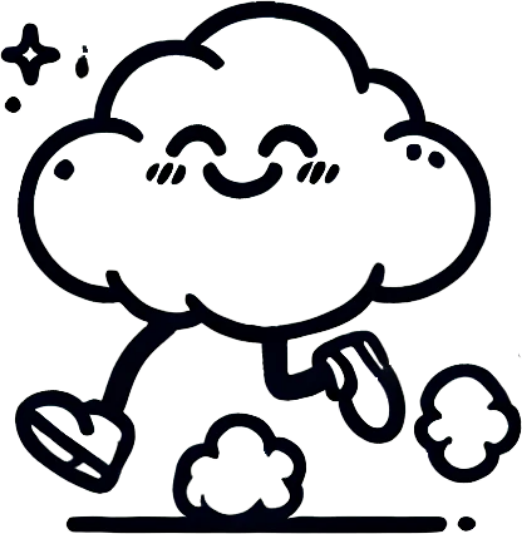
Why do we care what is in the air?
Anything in the air that is bad for us will get into our bodies and may harm us. We call this Air Pollution. Air pollution can be harmful to our health and to the environment around us.
Sometimes you can tell air is polluted because you can see, smell or taste something. You might have itchy eyes or a cough. Have you ever heard of AirText? This is a service that sends you a text message if the air pollution is bad where you are. You can also measure air pollution using diffusion tubes.
Forms of air pollution
There are two key forms of air pollution: Gases, and Particulates. Particulates are tiny bits of solids floating in the air, like dust, soot, smoke, rubber, metal or plastic. Particulates can be 10x or even 40x smaller than a grain of sand! The smaller they are the easier it is for them to get into our bodies and the deeper into our lungs and bodies they can reach, making them more dangerous.
What causes air pollution?
There are both natural and human causes of air pollution.
Some natural causes of air pollution include forest fires, volcanic eruptions, sandstorms, and pollen from trees, grass and flowers.
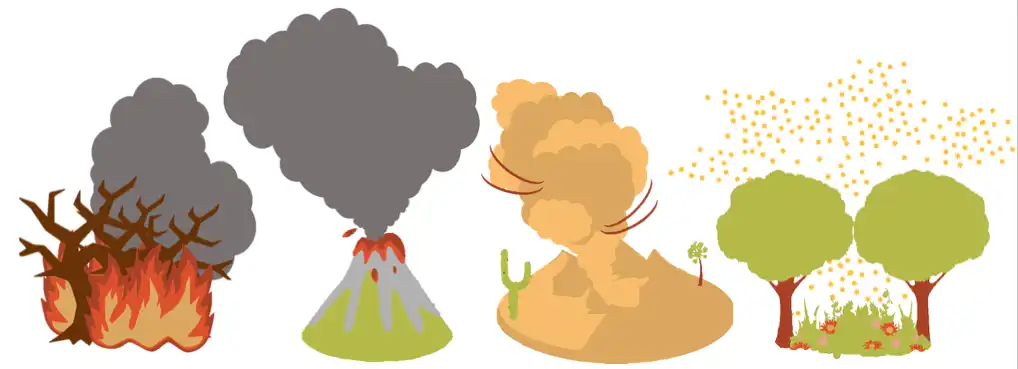
All of these things occur naturally, and would happen even if there were no humans on Earth. But, the frequency and intensity of all of these natural causes are made worse by climate change, so humans do have a role in them.
Lots of human activities also contribute to air pollution, for example factories and power stations, fireplaces and gas hobs in home, road vehicles like cars and buses, trains and tubes, air travel, farming, shipping and construction. Can you guess which of these cause gases and which cause particulates?
Which of these do you think causes the most pollution in East Hertfordshire?
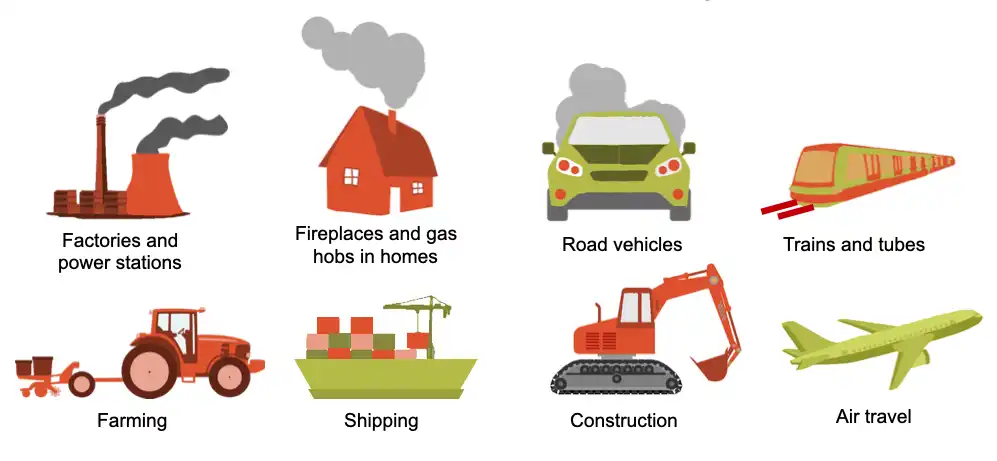
What is idling?
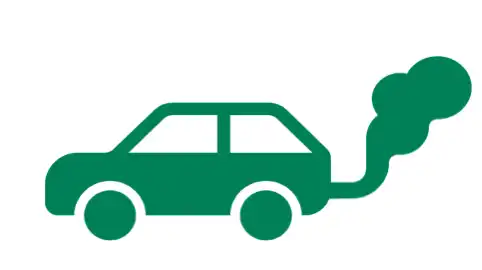
26% of people who are caught idling are spotted outside of schools! This is bad news, because when you stand next to an idling vehicle, particulate pollution is 10 times higher than the average air pollution levels. An idling car releases enough emissions to fill 150 balloons in 60 seconds!
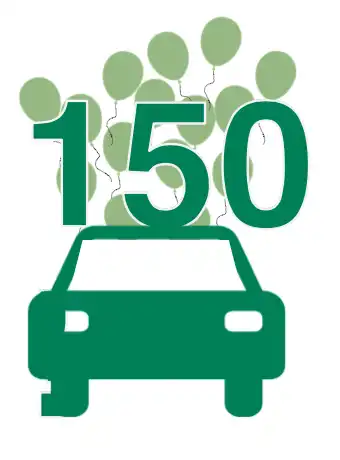
Idling creates pollution outside and inside the vehicle. Air pollution is 9-12 times higher inside the car than outside, and is even worse in winter.
How do we reduce air pollution?
Some things we can do to reduce air pollution and our exposure to it include:
- Planting hedges
- Walking or cycling to school
- Using electric cars
- Turning off the car engine while parked or waiting
- Sharing lifts to school
- Raising awareness of air pollution causes and effects
- Walking quieter routes
- Telling people about the effects of idling
- Using park and stride
What is active travel?
You might have noticed some ways of reducing air pollution are travelling by foot or bicycle. This is what we call Active Travel - getting around by using your body power, instead of power from electricity or fuel.
Walking or cycling just 1 mile a week instead of driving will save 26kg of carbon dioxide a year!
Active travel isn't just good for the air quality, it's also good for your body and mind. It can make your heart and lungs stronger, give you more energy, and improve your mood!
Explore more
Explore more about air quality and climate change, the impacts of air pollution, or even calculate your own air quality impact using our interactive calculator!

